1. Harriet Tubman
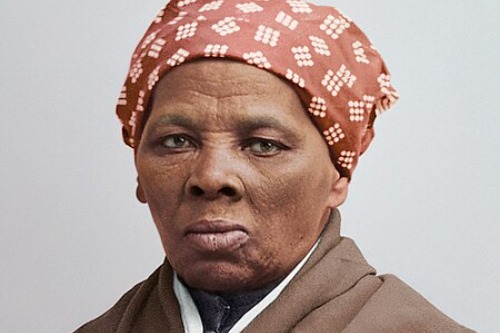
Harriet Tubman’s courageous efforts to guide enslaved people to freedom on the Underground Railroad have made her a symbol of bravery and selflessness, Starlight Williams shares in National Geographic. Not only did she risk her life by crossing hostile territories, but she also helped liberate hundreds of others, constantly evading slave hunters and risking capture. Tubman’s extraordinary resolve and intelligence made her a key figure in the abolitionist movement, earning her admiration across generations. Her refusal to rest after securing her own freedom and her repeated returns to rescue others showcases her unshakable commitment to justice.
In addition to her heroic work on the Underground Railroad, Tubman served as a nurse, spy, and military scout for the Union Army during the Civil War. She continued to fight for racial and gender equality in her later years, contributing to the women’s suffrage movement. A national holiday dedicated to Tubman would not only recognize her incredible acts of bravery but also honor her enduring legacy of fighting for justice and equality for all.
2. Claudette Colvin

Before Rosa Parks became a household name, 15-year-old Claudette Colvin quietly made history in Montgomery, Alabama, Oliver Laughland from The Guardian shares. On March 2, 1955, Colvin was arrested for refusing to give up her seat on a segregated bus, an act of defiance that came months before Parks’ similar act. Unfortunately, Colvin’s role in the Civil Rights Movement was overshadowed due to her age and societal pressures, leaving her largely unrecognized at the time. Her courage, however, was just as pivotal, as she understood the weight of her actions in challenging the segregation laws of the South.
In the years that followed, Colvin continued to fight for equality but remained in the shadows for much of her life. It wasn’t until decades later that her role in the Civil Rights Movement was fully acknowledged. Celebrating Claudette Colvin with a national holiday would rightfully honor her early activism and bring attention to the unsung heroes who helped ignite the fight for racial equality in America.
3. Dr. Mary Edwards Walker
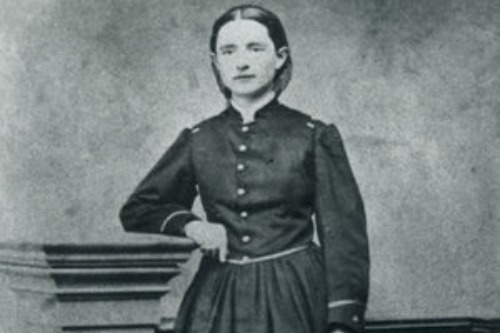
Dr. Mary Edwards Walker’s name is inseparable from groundbreaking achievements in both medicine and gender equality, Kerri Lee Alexander from Biography explains. As the first and only woman to receive the Medal of Honor, she earned this prestigious recognition for her service as a surgeon during the Civil War. Walker shattered societal norms by becoming a doctor when women were rarely allowed to pursue such careers, paving the way for future generations of women in medicine. Even in the face of prejudice, Walker remained steadfast in her mission to help those in need and challenge the status quo.
Beyond her medical career, Walker was an ardent advocate for women’s rights, social justice, and the abolition of slavery. She famously wore pants at a time when women were expected to wear dresses, making a bold statement about gender equality. A holiday in her honor would celebrate her pioneering work in medicine and her lifelong commitment to pushing boundaries for women’s rights.
4. Sojourner Truth
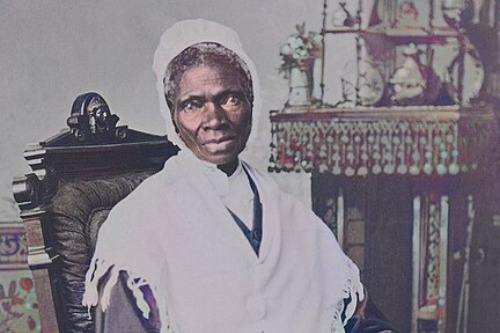
Sojourner Truth was a powerful orator, abolitionist, and women’s rights advocate whose legacy continues to inspire today’s movements for racial and gender equality, Debra Michals from the National Women’s History Museum. Born into slavery, Truth’s powerful speeches challenged both racial injustice and the oppression of women. Her most famous speech, “Ain’t I a Woman?”, delivered at a women’s rights convention in 1851, called attention to the intersection of race and gender discrimination.
Truth’s life was dedicated to advocating for the rights of Black Americans and women, and she became one of the most well-known and respected figures of the abolitionist movement. A holiday celebrating Sojourner Truth would honor her incredible contributions to both racial and gender justice, reminding us all of the power of one voice in the fight for equality.
5. Bessie Coleman
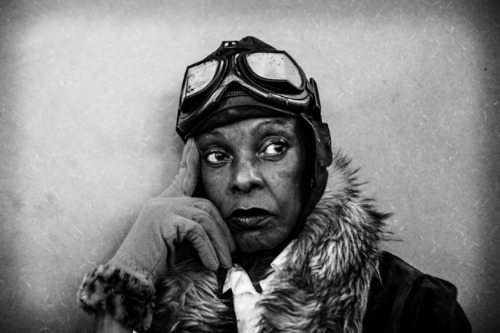
Bessie Coleman was a trailblazer who defied the odds to become the first African American woman to earn a pilot’s license. In an era when both women and African Americans faced significant barriers, Coleman’s journey to becoming a licensed aviator was filled with adversity. Denied entry to flight schools in the United States, she traveled to France to earn her credentials, becoming an international sensation upon her return. She went on to perform in air shows, captivating audiences with her daring stunts and making a lasting impact on aviation history.
Coleman’s legacy extends beyond her personal accomplishments in the skies. She was an advocate for women and African Americans pursuing careers in aviation and other male-dominated fields. A national holiday recognizing her achievements would honor not only her groundbreaking career but also her role in inspiring future generations of women and people of color to reach for the skies.
6. Fred Korematsu
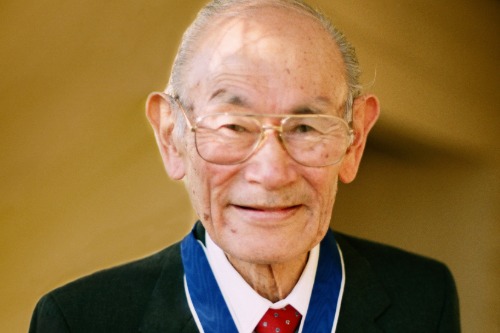
Fred Korematsu’s story is one of resistance against a grave injustice in American history—the internment of Japanese Americans during World War II. When the U.S. government ordered the forced relocation of over 100,000 Japanese Americans to internment camps, Korematsu refused to comply. His defiance led to an arrest and a lengthy legal battle, ultimately bringing national attention to the unconstitutional internment of Japanese Americans. Though initially upheld by the Supreme Court, his case became a catalyst for future civil rights actions, challenging racial discrimination during times of national crisis.
Korematsu’s conviction was eventually overturned, and he became a staunch advocate for civil rights and racial equality. His fight remains a powerful reminder of the dangers of unchecked government power during times of fear and war. A holiday dedicated to Fred Korematsu would honor his unwavering stand against racial injustice and serve as a reminder to safeguard civil liberties in the face of adversity.
7. Ella Baker
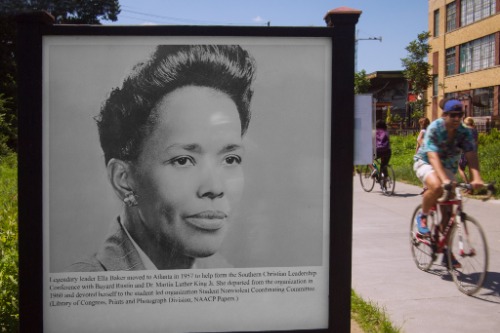
Ella Baker is one of the unsung heroes of the Civil Rights Movement, yet her impact on the movement is undeniable. As a leader in organizations like the Southern Christian Leadership Conference (SCLC) and the Student Nonviolent Coordinating Committee (SNCC), Baker helped shape the movement by emphasizing grassroots organizing and empowering ordinary people. She firmly believed that leadership should come from the people, not just from prominent figures, and she played a vital role in ensuring that the voices of everyday citizens were central to the fight for racial equality.
Baker also fought for gender equality, pushing for women’s involvement in leadership roles within the movement. Her focus on community-driven activism remains influential in social justice movements today. A national holiday in her honor would serve to recognize her lasting influence and champion her commitment to collective action, equality, and social justice.
8. Bayard Rustin
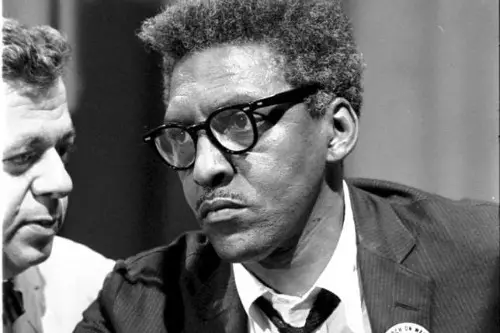
Bayard Rustin was a pivotal figure in the Civil Rights Movement, yet his contributions often go overlooked due to his sexuality. As a key strategist behind the 1963 March on Washington, Rustin played a central role in organizing the event that brought over 250,000 people to demand racial justice. Though his open homosexuality led to marginalization within the movement, Rustin’s tireless work on behalf of social justice, peace, and equality helped shape the success of the Civil Rights Movement.
Rustin’s advocacy extended beyond racial equality; he was a staunch pacifist and spoke out against war and violence. His mentorship under Mahatma Gandhi inspired his commitment to nonviolent protest. A holiday honoring Rustin would not only celebrate his critical role in the Civil Rights Movement but also acknowledge his vision of an inclusive social justice movement that embraced all identities.
9. John Lewis
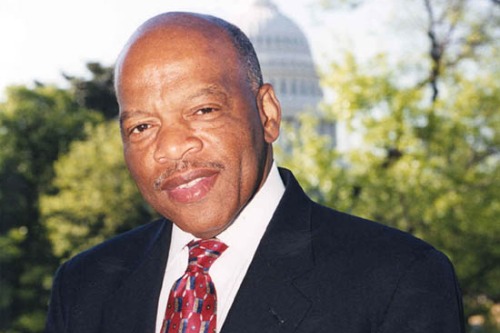
John Lewis’s legacy is marked by his courage and unyielding commitment to justice. As a leader of the Student Nonviolent Coordinating Committee (SNCC), Lewis played a pivotal role in the Freedom Rides and was one of the key figures during the historic Selma to Montgomery march in 1965. Despite suffering brutal violence at the hands of police, Lewis’s determination never wavered, inspiring generations of activists to continue fighting for equality. His lifelong dedication to civil rights remained steadfast throughout his tenure in Congress, where he advocated for voting rights and social justice.
Lewis’s story is one of resilience, sacrifice, and unshakable hope for a more just future. A national holiday would not only honor his personal sacrifices but also highlight his role in shaping modern civil rights legislation and his ongoing influence on the fight for equality in America.
10. Grace Hopper
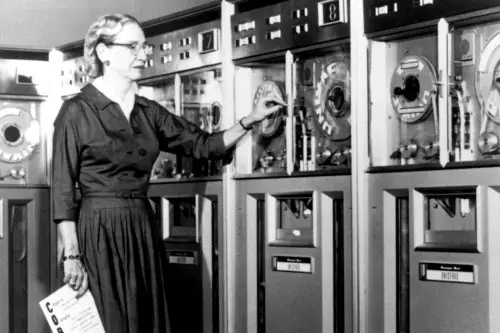
Grace Hopper is remembered as a pioneer in the field of computer science, helping lay the foundation for modern computing. As a rear admiral in the U.S. Navy and a groundbreaking computer scientist, she developed the first compiler, which led to the creation of the COBOL programming language. Her work made computers more accessible and practical for businesses and government institutions, reshaping how technology was used around the world. Hopper’s ability to break barriers in a male-dominated field cemented her place as one of the most influential figures in technology.
Hopper was also a passionate mentor and advocate for women in STEM fields, encouraging young women to pursue careers in science, technology, engineering, and math. A holiday dedicated to Grace Hopper would honor her legacy of technical innovation and her tireless efforts to create a more inclusive environment for women in the military and technology fields.
11. Jack Roosevelt Robinson
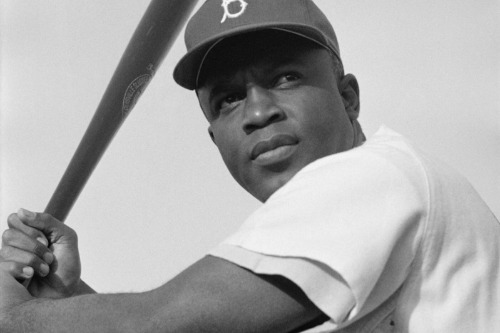
Jackie Robinson’s entry into Major League Baseball in 1947 broke the color barrier and forever changed the landscape of professional sports. Robinson’s courageous presence on the field, despite facing hostility and racist abuse, paved the way for future generations of African American athletes. His remarkable resilience in the face of adversity transcended baseball, as Robinson became an outspoken advocate for civil rights, using his platform to speak out against segregation and injustice.
Robinson’s legacy extends far beyond his athletic achievements. He was a key figure in the broader Civil Rights Movement, advocating for racial equality in all aspects of American life. A holiday to celebrate Jackie Robinson would honor not only his impact on sports but also his efforts to advance civil rights for all Americans.
12. Sylvia Rivera
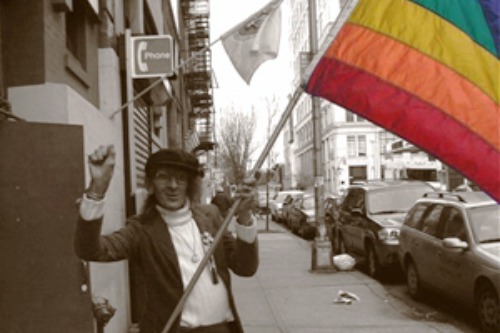
Sylvia Rivera was a trailblazer for LGBTQ+ rights, particularly in advocating for transgender individuals during a time when their voices were rarely heard. A Latina-American activist, Rivera played a vital role in the Stonewall Uprising of 1969, an event that sparked the modern LGBTQ+ rights movement. She co-founded the Gay Liberation Front and the Gay Activists Alliance, championing the rights of transgender and gender-nonconforming individuals in the broader LGBTQ+ community.
Rivera’s advocacy was often met with resistance, but her determination to fight for the marginalized never faltered. Her work helped shift the focus of the LGBTQ+ movement to include those most at risk, and she remains an icon of resistance, inclusion, and equality. A national holiday would honor her role as a pioneer in the LGBTQ+ rights movement and serve as a reminder of the ongoing fight for equality and acceptance.
13. Leonard Peltier
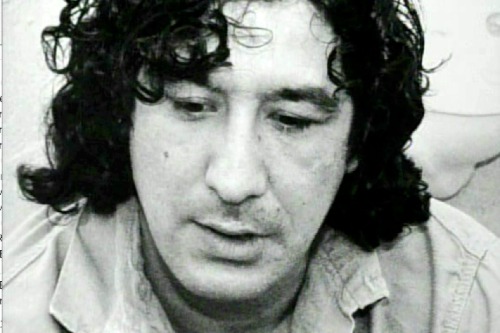
Leonard Peltier’s story is one of injustice, resilience, and a tireless fight for the rights of Native Americans. A member of the American Indian Movement (AIM), Peltier was wrongfully convicted for the 1975 deaths of two FBI agents during a confrontation at the Pine Ridge Reservation in South Dakota. Despite numerous inconsistencies in the case and claims of a flawed trial, Peltier was sentenced to two life terms in prison. His case has since become a symbol of the mistreatment of Native Americans by the U.S. government, drawing widespread attention and support from human rights organizations around the world.
While Peltier’s case remains controversial, his advocacy for the rights of Native Americans and his enduring fight for justice cannot be overlooked. Throughout his years of imprisonment, he has remained a vocal advocate for Native American sovereignty, environmental justice, and human rights. A national holiday dedicated to Leonard Peltier would honor his efforts to bring attention to the struggles faced by Native American communities and would serve as a reminder of the need for greater justice and equality for Indigenous peoples in America.
14. A. Philip Randolph
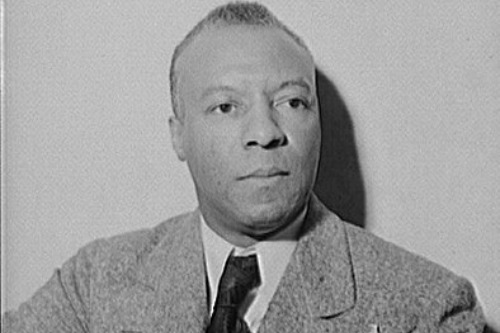
A. Philip Randolph was a visionary leader who dedicated his life to advocating for both racial equality and labor rights. As the head of the Brotherhood of Sleeping Car Porters, Randolph became the first African American to organize a major labor union, improving the lives of countless workers. His advocacy extended to national movements, where he played a pivotal role in organizing the 1963 March on Washington, helping draw attention to economic inequality and racial injustice. Randolph’s ability to unite people across racial and socioeconomic lines cemented his place as a true leader of the American civil rights struggle.
In addition to his work in labor rights, Randolph’s efforts were instrumental in shaping civil rights policy in the United States. His advocacy led to significant legislative changes, including the Civil Rights Act of 1964. A holiday in his honor would not only recognize his contributions to the labor movement but also acknowledge his essential role in the broader fight for racial and economic justice.
15. James Baldwin
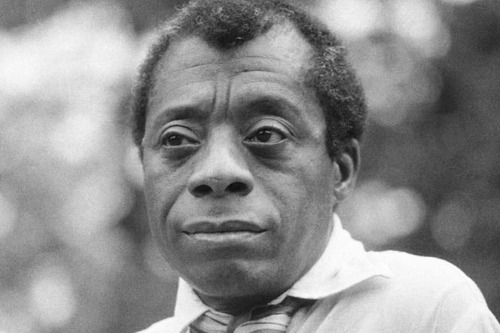
James Baldwin’s work as a writer, activist, and thinker made him one of the most influential figures in the 20th century fight for racial and social justice. Through his novels, essays, and speeches, Baldwin illuminated the struggles of Black Americans, the complexities of identity, and the moral challenges of a society built on racism. His works, including Notes of a Native Son and The Fire Next Time, continue to resonate with readers seeking to understand the deep-rooted issues of race in America.
Baldwin’s eloquent critiques of American society were grounded in both personal experience and a deep understanding of history. A national holiday dedicated to Baldwin would honor his literary contributions while highlighting his role as an intellectual and activist who challenged America to confront its racial injustices.


